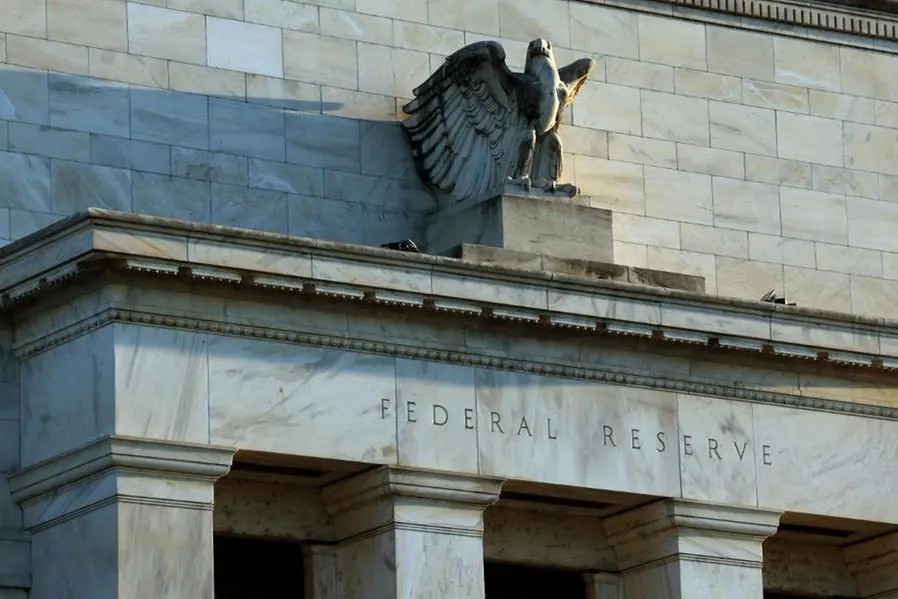PHOTO
With the US Federal Reserve widely expected to hold benchmark interest rates steady in the current range of between 5.25% and 5.50% at the end of two-day policy meeting on Wednesday, money markets will keenly parse the monetary authority’s post-meeting statement for hints of a possible course of action in September.
With inflation moderating and the labour market softening in Q2, the Fed has in recent weeks flagged a possible lowering of borrowing costs.
However, according to the CME FedWatch tool on Wednesday, investors and traders see a 95.9% chance of the Fed skipping a rate hike this month. On the other hand, the expectation of a September cut zooms to 85.8%, according to the data.
In its battle to curb inflation to within the 2% target, the Fed has raised rates to its current 23-year-high level. According to Bureau of Economic Analysis data for June, the Personal Consumption Expenditures price index, which is the Fed's preferred inflation gauge, cooled slightly to 2.5% in June from 2.6% in May.
The stars are aligning for a Fed rate cut in September, rather than for an earlier, said Simon Ballard, chief economist at First Abu Dhabi Bank.
"In this respect, the surprise weakness in the preliminary July US manufacturing PMI report, released last week and which dropped to 49.5, will have been music to the doves’ ears. But as the balance of risk between price stability and full employment objectives becomes increasingly finely balanced, we would suggest that the Fed will wait to see irrefutable evidence of broader macroeconomic softness before pulling the rate cut trigger," he said.
However, other analysts feel that even a September cut is not certain.
BofA said in a note: "We expect the Fed to stay on hold signaling progress on the inflation front. The Fed is optimistic that cuts are likely in the near-term, but we do not think it is willing to signal September is a done deal."
In the event the US central bank does hike rates a few of its GCC counterparts are likely to mirror the move as their currencies are pegged to the dollar.
(Reporting by Brinda Darasha; editing by Seban Scaria)





















